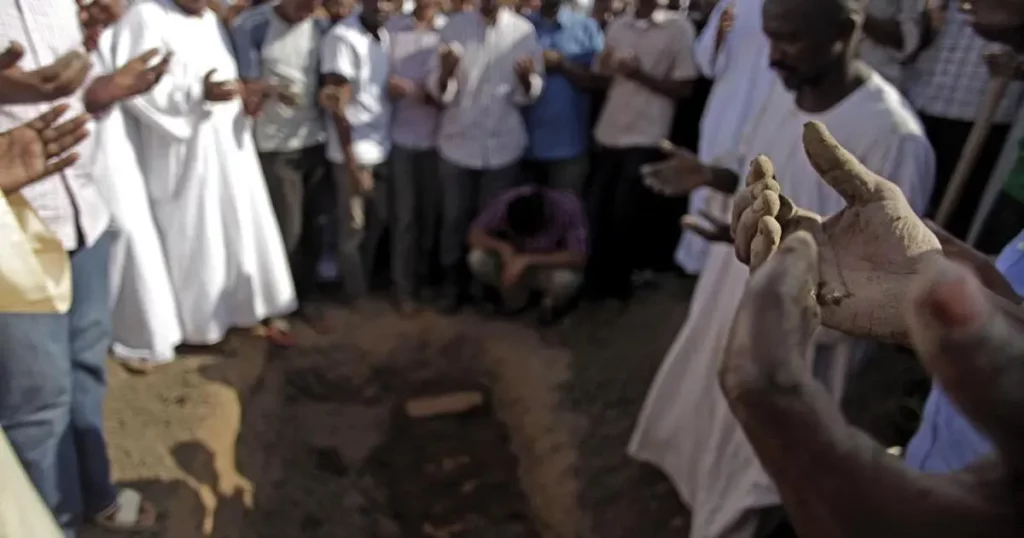
No one in Sudan expected the war between the Sudanese army and the Rapid Support Forces (RSF) to last nearly five months with no end in sight.
Though the war has disrupted people’s normal lives and forced them to migrate, this movement is close to impossible for kidney patients on dialysis, making them the worst victims of the war, which has prevented them from receiving dialysis sessions, which are critical to their survival.
In addition to power outages, kidney patients face a slew of other challenges, such as a lack of medicines and intravenous fluids, as well as dialysis machine breakdowns.
Sudan’s health sector has been in shambles since armed clashes between the country’s two forces erupted in mid-April.
According to the Sudanese Health Ministry, 8,000 kidney patients require 70,000 dialysis sessions every month.
In mid-August, an air bridge of four planes arrived in Sudan carrying 62 tons of medical aid from Qatar, including medicines for kidney and cancer patients.
Health Minister Haitham Mohamed Ibrahim said at the time that the aid also included medicines for 20,000 dialysis sessions for kidney patients.
Acute shortage
Wafaa Abdullah, a doctor at the dialysis center in the city of Port Sudan in the Red Sea state, told Anadolu that “the center suffers from a severe shortage of medicines and machines.”
“Since the beginning of the war, the center has witnessed an intense turnout of patients, particularly from the states affected by the war,” Dr. Abdullah said.
“Medications and intravenous fluids are about to run out,” he warned, adding that “The center also suffers from a shortage of medical staff, who have begun to withdraw due to unpaid salaries for five months.”
Catastrophic situation
The city of Umm Ruwaba in the state of North Kordofan is suffering from catastrophic health conditions as a result of the suspension of the dialysis center, sources from the government health care authority who preferred not to be named due to fear of repercussions, told Anadolu.
“The center was completely out of service,” the sources said, adding that “144 patients who were receiving service at the center were severely affected.”
The dialysis center in the city of Madani, the capital of Al-Jazirah state, is receiving a large number of patients, causing problems for everyone at the health care facility.
Ahmed Youssef, a dialysis patient who has been receiving treatment at the center, said: “There is severe crowding inside the center, which affects the flow of treatment.”
“There is also a significant shortage of medical staff and medications,” Youssef added.
Need support
The situation is no different at the dialysis center in Al-Manaqil city of Al-Jazirah state.
Sources at the health care facility told Anadolu that the center treats about 300 patients and it requires assistance from regional and international organizations, including additional dialysis machines, medicines, and intravenous fluids in order to work efficiently in the face of the ongoing challenges.
According to the state Health Ministry, Al-Jazirah state has been providing treatment to patients from Khartoum and neighboring states through 18 dialysis centers.
The director of the kidney centers in Al-Jazirah, Dr. Sadiq Al-Tijani said on Aug. 7 that the number of kidney patients in the state was 902, while the number of patients coming to the state due to the war reached 1,600 patients.
More than 3,000 civilians have been killed and thousands injured since the outbreak of violence in Sudan in April between the Sudanese army and the RSF, according to local medics.
According to UN estimates, nearly 4.8 million people have been displaced by the current conflict in Sudan.
